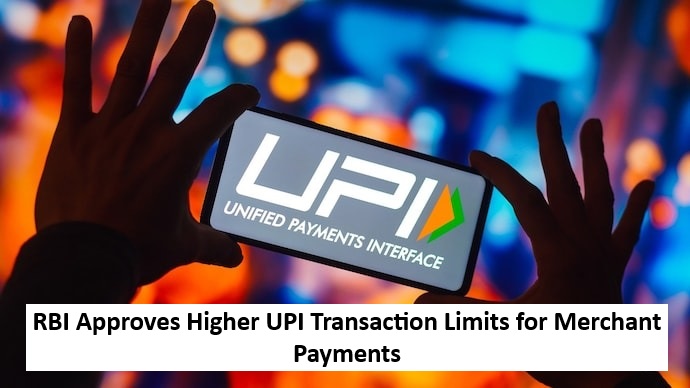
The Reserve Bank of India (RBI) has authorized the National Payments Corporation of India (NPCI) to revise the transaction limits for person-to-merchant (P2M) payments made through the Unified Payments Interface (UPI). This move supports the rising need for high-value digital transactions in sectors such as insurance, mutual funds, travel, and premium retail.
Governor Announces Policy Shift in FY26 Review
The announcement came during the first monetary policy review for FY26, delivered by RBI Governor Sanjay Malhotra on April 9. He emphasized that adequate risk safeguards will be implemented. Furthermore, banks will maintain the authority to set their own internal limits within the broader caps defined by NPCI.
Current Caps and New Flexibility
Currently, most UPI transactions, whether person-to-person (P2P) or P2M, are limited to ₹1 lakh. In select merchant categories like healthcare and education, the cap extends to ₹5 lakh. With the new directive, NPCI can work with banks and stakeholders to update these P2M limits based on sectoral requirements. However, the ₹1 lakh cap on P2P payments remains unchanged.
Impact Across Key Economic Sectors
The flexibility in raising limits is expected to enhance UPI’s reach in high-value domains such as:
Insurance Premiums
Mutual Fund Investments
Travel Bookings
Luxury Retail Transactions
This policy adjustment reinforces UPI’s position as India’s primary payment method, offering a scalable framework for large-value digital payments.
Read More: Maruti Victoris Renamed as Suzuki Across for Seychelles Market in Africa

 Share
Share



